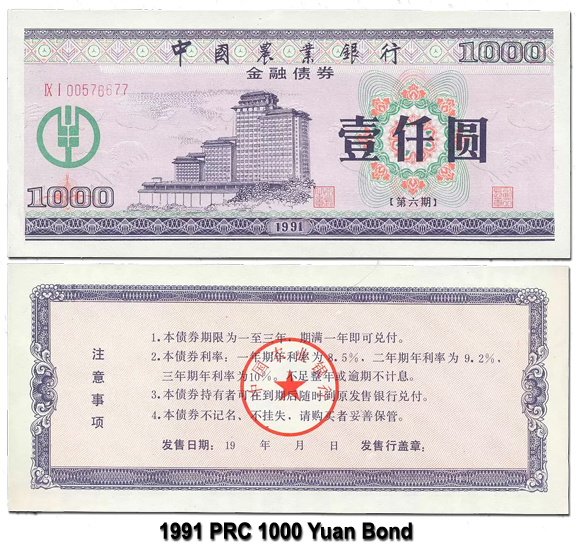| Online: | |
| Visits: | |
| Stories: |

| Story Views | |
| Now: | |
| Last Hour: | |
| Last 24 Hours: | |
| Total: | |
China’s Bond Leverage Tops $1.2 Trillion in Replay of Stock Boom
Musings On The Finite Statist Machine
China's Bond Leverage Tops $1.2 Trillion in Replay of Stock Boom
Bloomberg News
December 3, 2015 — 5:00 PM CET Updated on December 4, 2015 — 2:53 AM CET
Sinking bond yields boost appeal of using borrowed funds Authorities seen using incremental curbs to cool the market
Five months after a debt-fueled rally in Chinese stocks turned into a $5 trillion rout, the bond market is testing authorities’ ability to contain leverage without sparking a crash.
Outstanding repurchase agreements in the nation’s interbank market, used by debt investors to amplify their buying power, surged to 8.01 trillion yuan ($1.25 trillion) in November, the highest level since at least 2012. Traders had an estimated 798 billion yuan of the contracts in China’s exchange-traded market as yields on corporate and sovereign bonds hovered near the lowest levels in at least five years, increasing the appeal of using borrowed funds to boost returns.
In a sign that policy makers are becoming concerned about the jump in leverage, China’s clearing house for exchange-listed debt expanded the conditions under which it can restrict financing last week. China Securities Co. and HSBC Holdings Plc say investors should expect more incremental steps to cool the market, rather than a clampdown, as authorities try to balance the risks of excessive leverage against their desire to keep borrowing costs low as economic growth slows.
“After the stock rout, leverage on bond investments has risen considerably,” said Ji Weijie, a credit analyst at China Securities in Beijing. “The new rules will reduce the attractiveness of using leverage in the exchange bond market. They are likely the beginning of a series more detailed measures.”
The China Securities Depository and Clearing Corp. said last week that it can adjust borrowing limits based on metrics including trading volume and the number of note holders, instead of just credit ratings. Typical haircuts for borrowing against China’s sovereign debt on the Shanghai exchange are less than 6 percent, according to Goldman Sachs Asset Management. They can be up to 50 percent for corporate bonds, meaning an investor with 100 yuan of bonds could use the notes as collateral to borrow 50 yuan.
“The new rules on leverage show regulators in China are watching the recent development of the bond market very closely,” said Zhou Hao, a senior economist at Commerzbank AG in Singapore. “They learned a lesson from the stock crash earlier this year.”
Falling Yields
This year’s boom and bust in Chinese shares showed how hard it can be for authorities to contain leverage without precipitating a selloff. Leveraged wagers on stocks through brokerages and other channels topped 3 trillion yuan by May, according to Credit Suisse Group AG, helping to drive a world-beating rally in the Shanghai Composite Index. A regulatory clampdown helped trigger the rout that sent the index down 43 percent from its peak.
Source: http://americankabuki.blogspot.com/2015/12/chinas-bond-leverage-tops-12-trillion.html




